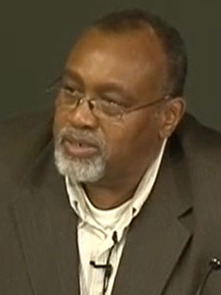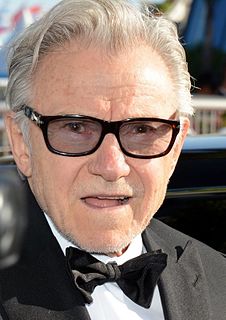A Quote by John Pilger
If I were a teacher, I would recommend that all my students very hurriedly read most of Orwell's books, especially 1984 and Animal Farm, because then they'd begin to understand the world we live in.
Related Quotes
Who are these evil ones? In 1984, the evil one was called Goldstein. Orwell was writing a grim parody. But these people running the United States mean what they say. If I were a teacher, I would recommend that all my students very hurriedly read most of Orwell's books, especially 1984 and Animal Farm, because then they'd begin to understand the world we live in.
What Orwell feared were those who would ban books. What Huxley feared was that there would be no reason to ban a book, for there would be no one who wanted to read one. Orwell feared those who would deprive us of information. Huxley feared those who would give us so much that we would be reduced to passivity and egoism. Orwell feared that the truth would be concealed from us. Huxley feared the truth would be drowned in a sea of irrelevance.
George Orwell's '1984' frequently tops surveys of our greatest books: it's not a celebration of poetic language. It's decidedly anti-literary, a masterpiece of personal and political narrative sequence. And its subject matter is crucial, because what '1984' shows is that language can be a dirty trick.
The fact that we don't' talk about it, that we don't have a politics in which this question of war and peace can even get onto the table, so that we can open up our Orwell, our 1984, or Animal Farm, or whatever, and read the political text that's being spotted to us on the television right off of the page; the fact that we don't have a politics robust enough to actually debate whether or not we want to be a country permanently at war. That's what keeps me from sleeping at night.
I used to wonder: Is Huxley right or is Orwell right? It turns out they're both right. First you get the new world state and endless diversions as you are disempowered. And then, as we are watching, credit dries up, and the cheap manufactured goods of the consumer society are no longer cheap. Then you get the iron fist of Oceania, of Orwell's 1984.
Sometimes I think that the only effective and productive method of destroying speciesism would be for each uncaring human to be forced to live the life of a cow on a feedlot, or a monkey in a laboratory, or an elephant in the circus, or a bull in a rodeo, or a mink on a fur farm. Then people would be awakened from their soporific states and finally understand the horrors that are inflicted on the animal kingdom by the vilest species to ever roam this planet: the human animal!
As a kid, I was a big reader. Books and theater were the way I understood the world, and also the way I organized my sense of morality, of how to live a good life. I would read all night. My mom would come into my room and tell me I had to go to sleep, so I would hide books under my bed. At first I had a tough time getting through novels, so I read plays, because a play is generally shorter and has all those tools for getting people hooked early on.
There are two kinds of books in the world--the boring kind they make you read in school and the interesting kind that they won't let you read in school because then they would have to talk about real stuff like sex and divorce and is there a God and if there isn't then what happens when you die, and how come the history books have so many lies in them.
































